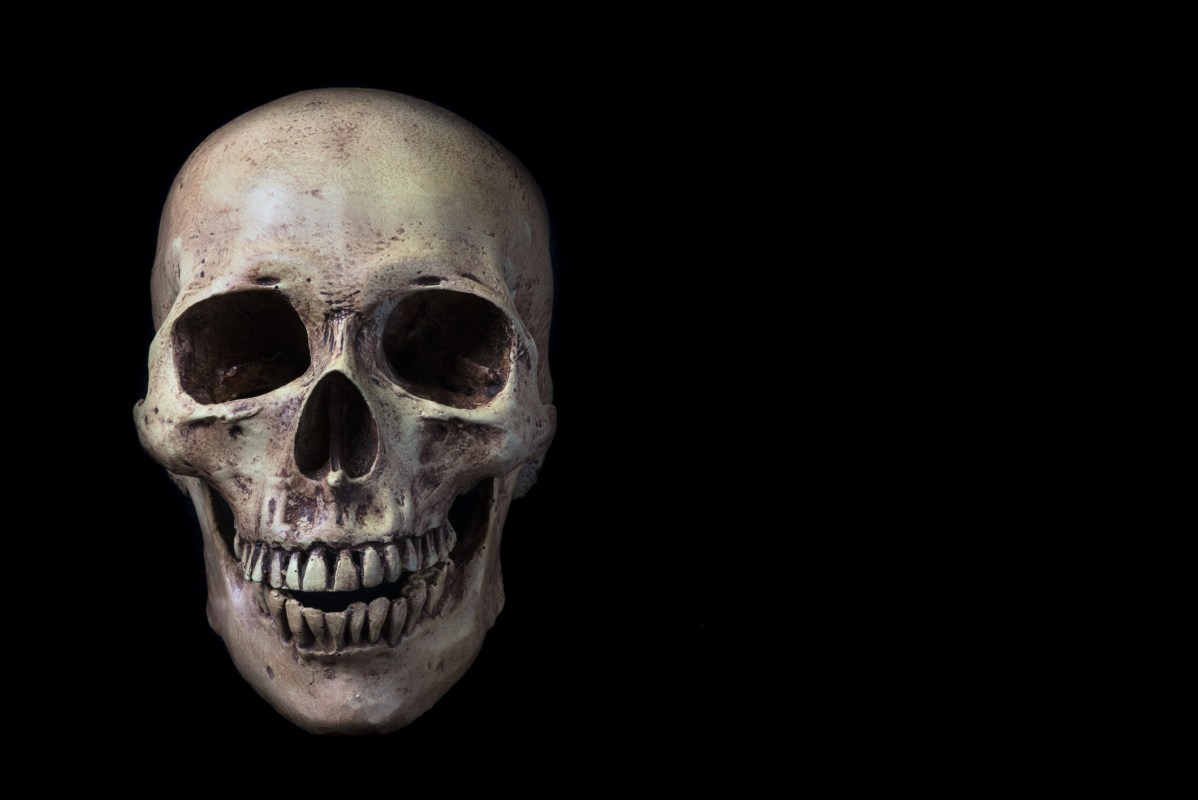Editor’s Note: RealClearLife, a news and lifestyle publisher, is now a part of InsideHook. Together, we’ll be covering current events, pop culture, sports, travel, health and the world.
Fossils of bones and teeth found inside a Philippines cave have linked humanity to our long, lost cousin.
Scientists who made the discovery described a cache of seven teeth and six bones from the feet, hands and thigh of at least three individuals in the journal Nature on Wednesday, the Associated Press reported.
The researchers also noted that the unearthing makes our understanding of human evolution in Asia “messier, more complicated and whole lot more interesting,” according to one expert, Matthew Tocheri of Lakehead University in Thunder Bay, Ontario.
The bones were pulled from Callao Cave on the island of Luzon in the northern Philippines in 2007, 2011 and 2015 and recent tests on two of those samples showed minimum ages of 50,000 years and 67,000 years. They belong to a previously unknown member of the “Homo” branch of our family tree — a Homo luzonensis, according to the AP.
This cousin lived in eastern Asia at around the same time as not only our species but other members of the Homo branch, including Neanderthals, their little-understood Siberian cousins the Denisovans, and the diminutive “hobbits” of the island of Flores in Indonesia.
Michael Petraglia of the Max Planck Institute for the Science of Human History in Jena, Germany, said the Luzon find “shows we still know very little about human evolution, particularly in Asia.”
Thanks for reading InsideHook. Sign up for our daily newsletter and be in the know.


















